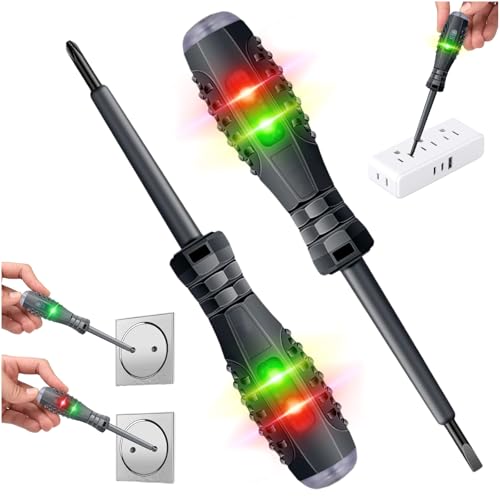- Joined
- Aug 3, 2009
- Messages
- 1,815
- Reaction score
- 273
David, I still don't understand why you think you can write a book (even if now it is withdrawn) about earthing / bonding when you are not all that electrically aware. I find it all a bit cheeky and almost scamming.
I also doubt you got a shock from your radiator and you are just stirring things up about a subject that you know only a little about.
If you approached this subject to this forum a little differently and asked the question in an open and honest way then you might have got a more constructive discussion.
I also doubt you got a shock from your radiator and you are just stirring things up about a subject that you know only a little about.
If you approached this subject to this forum a little differently and asked the question in an open and honest way then you might have got a more constructive discussion.
































































